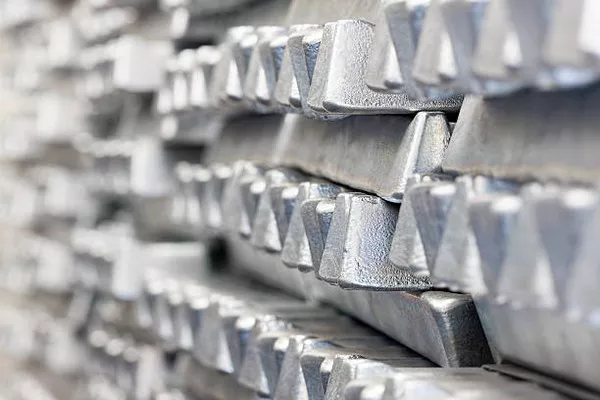Silver has long held allure and value, captivating collectors and investors alike with its timeless elegance and intrinsic worth. However, discerning between genuine silver and silver-plated items can be a daunting task, requiring keen observation and a grasp of essential testing methods. In this comprehensive guide, we delve into the intricacies of silver authentication, equipping enthusiasts with the knowledge to differentiate between authentic silver and its plated counterparts.
1. Authentication Stamps: Decoding the Markings
Authentic silver pieces often bear stamps, engravings, or markings indicating their silver content. These symbols serve as vital clues in determining the authenticity of silverware.
International sellers use stamps like 925, 900, or 800 to denote the percentage of fine silver in the item. 925 signifies 92.5% silver, commonly known as sterling silver, while 900 or 800 indicates 90% or 80% silver, respectively, often referred to as “coin” silver.
When deciphering stamps, certain abbreviations hold significant meaning. For instance, STER stands for sterling, confirming a silver content of 92.5%. IS represents “international silver,” indicating genuine silver. However, IS without a number stamp may imply a lower silver percentage or a silver-plated object.
Combine with Other Tests: To ascertain whether an item is silver-plated or pure, consider additional tests like the acid test and the magnet test.
2. The Magnet Test: Separating Fact from Fiction
Utilizing magnetic properties is a fundamental method to differentiate between genuine silver and silver-plated items.
Real silver exhibits only weak magnetic effects, making it paramagnetic. By contrast, if a magnet sticks strongly to the piece, it likely contains a ferromagnetic core made of a cheaper metal—not pure silver.
Tilt and Slide Test: Conducting a tilt and slide test can further affirm the authenticity of silver. Angle a silver bar at 45 degrees and slide the magnet down the surface. If it slides slowly, the item is likely genuine silver.
3. The Ice Cube Test: Melting the Truth
The ice cube test offers a quick and accessible method to assess the authenticity of silver.
Quick Assessment: Place the silver item on an ice cube. Real silver conducts thermal energy efficiently, causing the ice to melt rapidly. If the ice melts swiftly, the item is likely genuine silver.
4. The Acid Test: Unmasking the Core
Nitric acid application is a potent method to discern the true nature of silver items.
Nitric Acid Application: Apply a small drop of nitric acid to an inconspicuous part of the item. Silver-plated items will exhibit a greenish-blue color as the acid reacts with the top silver layer, exposing the base metal underneath. In contrast, solid sterling silver will show no color change.
5. Visual Inspection and Beyond
Beyond specialized tests, a visual inspection can provide valuable insights into the authenticity of silver items.
Color and Shine: Authentic silver possesses a distinct luster and color. Silver-plated items may tarnish differently, lacking the characteristic brilliance of genuine silver.
The Odor Test: Real silver has no discernible odor. Conversely, plated items may emit a metallic smell when subjected to the odor test.
The Polish Test: Polishing a small area with a soft cloth can reveal crucial differences between genuine silver and plated items. Genuine silver will shine brightly, while plated items may exhibit dull patches.
Conclusion: Empowering Silver Enthusiasts
In conclusion, the identification of silver versus silver-plated items requires a multifaceted approach, combining visual inspection, specialized tests, and an understanding of hallmark symbols. By incorporating methods such as authentication stamps, the magnet test, the ice cube test, the acid test, and visual inspection, enthusiasts can confidently discern between genuine silver and its plated counterparts. Armed with knowledge and keen observation, collectors and investors can navigate the realm of silver with confidence and precision.


